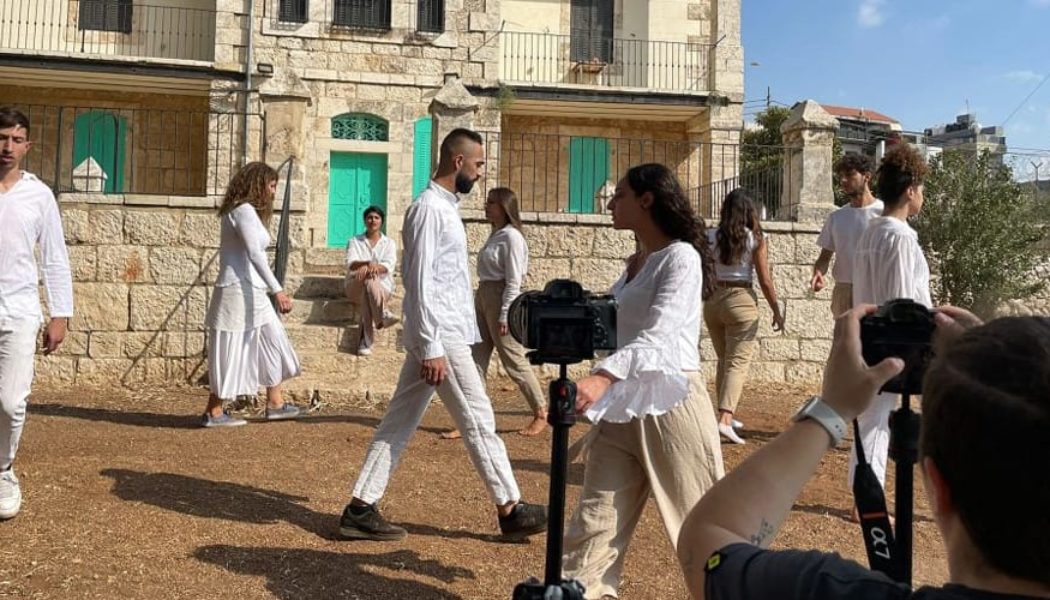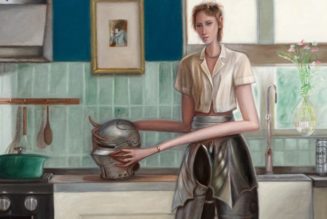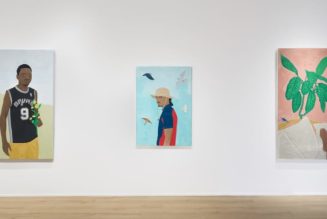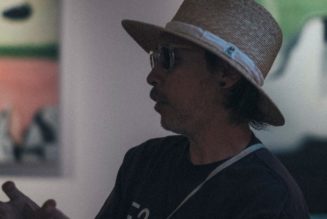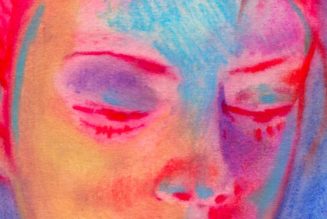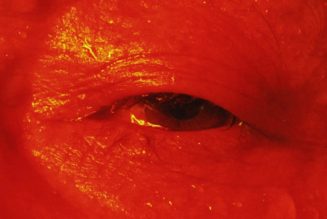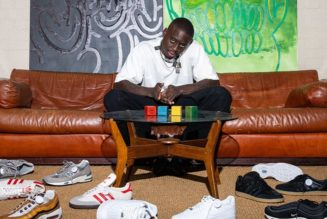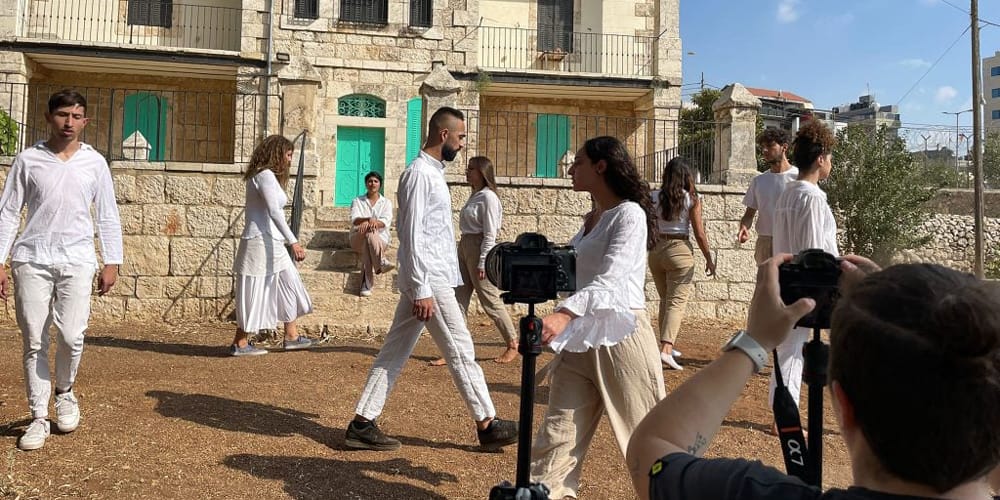
Demonstrations arose against Israel’s involvement in the Venice Biennale, even though the Israel Pavilion stayed closed. Palestine couldn’t host a pavilion as Italy, like many EU countries, doesn’t recognize it. The curator of this year’s edition, Adriano Pedrosa, selected 30 events for the Biennale and Palestinian artists and gallerists alike wondered whether there would be projects dedicated to Palestinian heritage and culture.
South West Bank: Landworks, Collective Action and Sound is one official collateral project approved by Pedrosa that highlights Palestinian voices — spearheaded by Artists and Allies of Hebron and the Dar Jacir Center for Art and Research. The installment showcases various Palestinian artists, including Emily Jacir and Jumanna Manna, at Palazzo Contarini Polignac. Personal works such as Mohammed Saleh’s vlog about reclaiming land after its destruction by the Israeli army is included in the show. Another highlight is Shaima Hamad’s installation “Dough ball” which reflects on death rituals in Palestine through soil cultivation, despite challenges posed by Dar Jacir’s location on toxic soil.
Moreover, Sari Khoury’s “Grapes of Wrath” project resurrects a pre-1948 vineyard destroyed by Israel and Dima Srouji and Jasbir Puar explore the concept of destruction and healing in their collaboration, notably with “Untitled (Onion Masks).” In an interview with Artnet, Srouji highlighted the continuous response of Palestinian artists to occupation, emphasizing the long-standing trauma and the need for their voices to be acknowledged:
“I feel a sense of responsibility to speak on behalf of Palestinian artists in Venice because there are so few,” said the artist. “That’s unfortunate. Thankfully, Adam was the person who applied for this. What solidarity really looks like is giving us space for our voices to be heard instead of us begging Venice to show us.”
